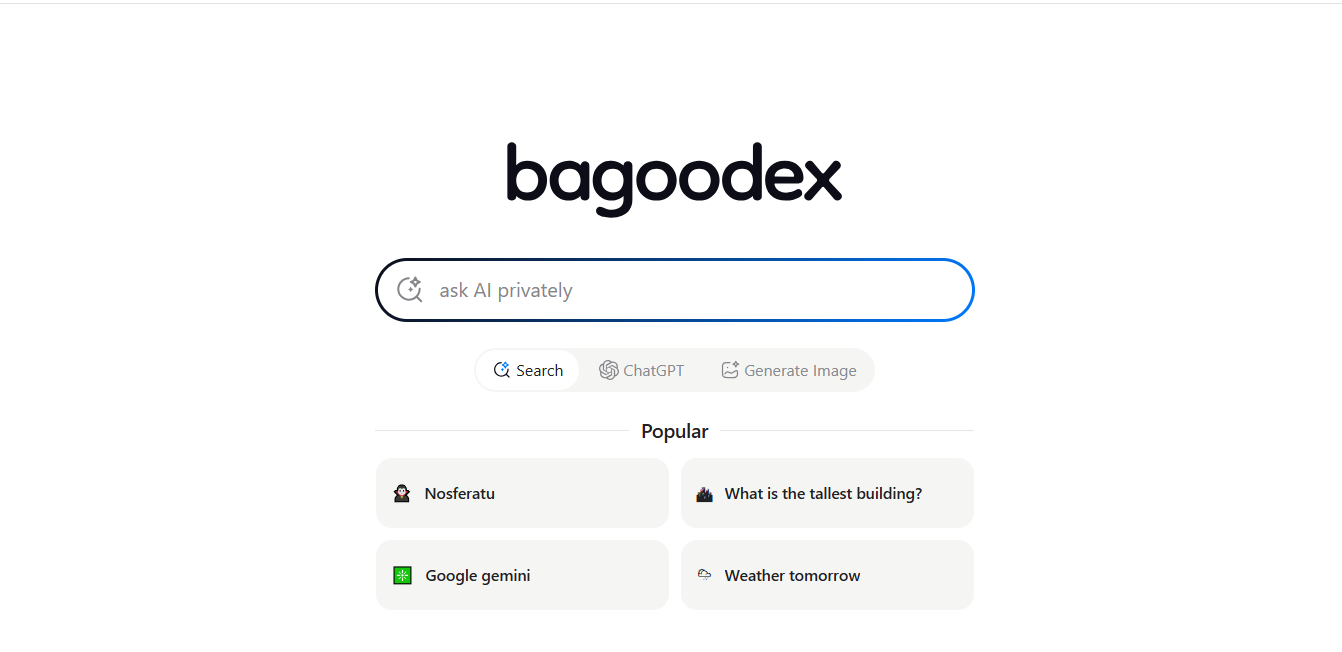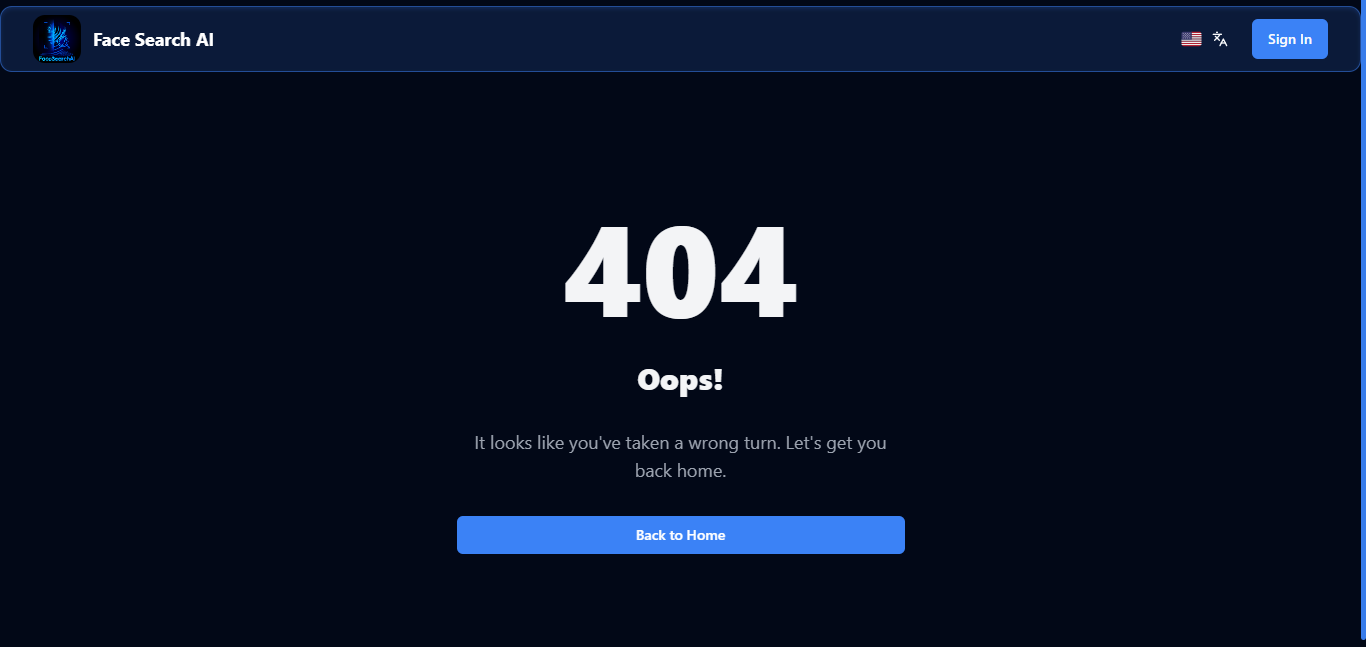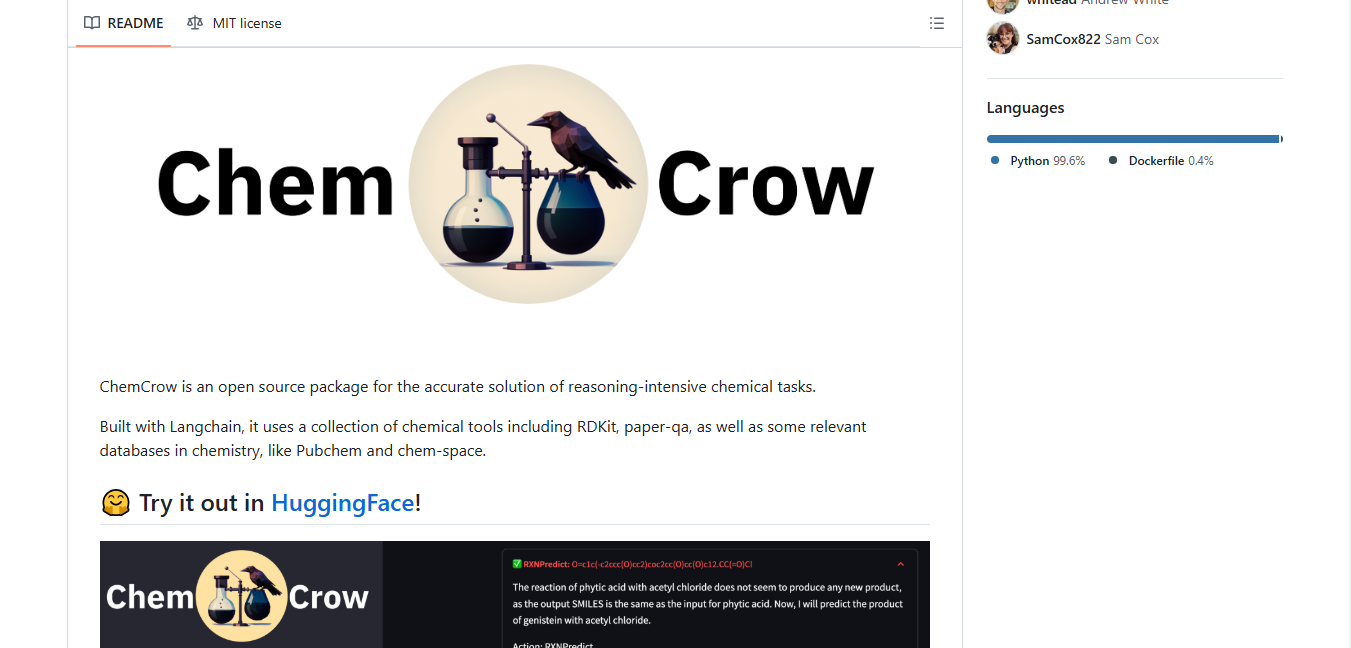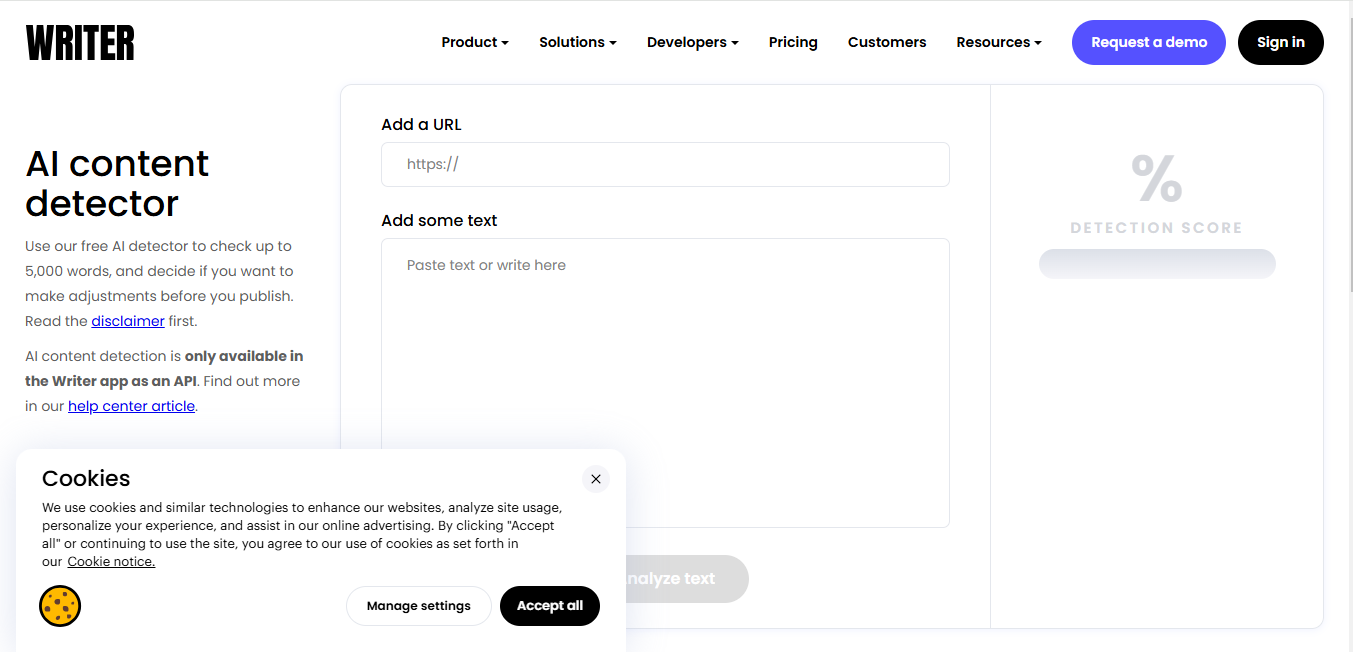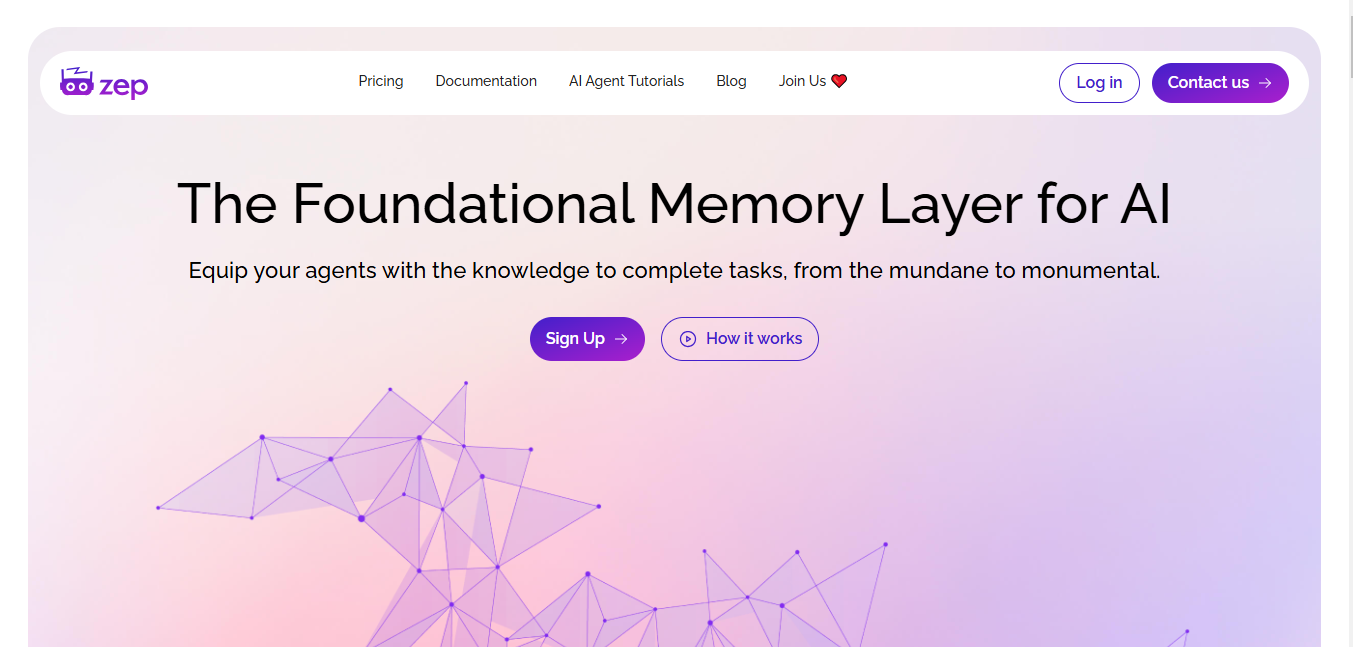
ResearchGPT
What is ResearchGPT?
ResearchGPT is an AI-powered research assistant that transforms PDF documents into interactive conversations. This tool allows users to upload or link PDFs, extract text, create embeddings, and generate responses to questions using OpenAI's API.
Top Features:
- PDF Interaction: users can upload or link PDFs for analysis and conversation.
- Text Extraction: the tool extracts text from PDFs for further processing.
- Embedding Creation: it creates embeddings from extracted text for improved understanding.
- Question Answering: users can ask questions and receive AI-generated responses about the PDF content.
- Source Citation: responses include source information and page numbers for reference.
Pros and Cons
Pros:
- Time-saving: quickly extracts and processes information from research papers.
- Accessibility: makes complex research papers more accessible through conversation.
- Source Tracking: provides citations and page numbers for generated responses.
Cons:
- API Dependency: requires an OpenAI API key, which may involve additional costs.
- Setup Complexity: installation process may be challenging for non-technical users.
- Limited Scope: currently only works with PDF documents, not other file types.
Use Cases:
- Academic Research: students and researchers can quickly analyze and understand scholarly articles.
- Literature Review: researchers can efficiently process multiple papers for comprehensive literature reviews.
- Legal Document Analysis: lawyers can extract key information from lengthy legal documents.
Who Can Use ResearchGPT?
- Researchers and Academics: individuals looking to streamline their literature review process.
- Students: those needing to quickly understand complex academic papers for assignments.
- Professionals: anyone dealing with extensive PDF documents in their work.
Pricing:
- Free Trial: not available, as it's an open-source project.
- Pricing Plan: free to use, but requires an OpenAI API key (separate costs apply).
Our Review Rating Score:
- Functionality and Features: 4/5
- User Experience (UX): 3/5
- Performance and Reliability: 4/5
- Scalability and Integration: 3/5
- Security and Privacy: 3/5
- Cost-Effectiveness and Pricing Structure: 4/5
- Customer Support and Community: 3/5
- Innovation and Future Proofing: 4/5
- Data Management and Portability: 3/5
- Customization and Flexibility: 3/5
- Overall Rating: 3.4/5
Final Verdict:
ResearchGPT is a promising tool for researchers and students, providing quick insights from PDF documents. While it excels in processing academic papers, its technical setup and API dependency may limit its appeal to a broader audience.
FAQs:
1) How does ResearchGPT work?
ResearchGPT extracts text from PDFs, creates embeddings, and uses OpenAI's API to generate responses to user questions about the document's content.
2) Is ResearchGPT free to use?
While the tool itself is free and open-source, users need an OpenAI API key, which may involve costs depending on usage.
3) Can ResearchGPT analyze multiple PDFs at once?
Currently, ResearchGPT is designed to process one PDF at a time. Multiple document analysis is not a built-in feature.
4) What types of documents can ResearchGPT process?
ResearchGPT is primarily designed to work with PDF documents, particularly academic and research papers.
5) How accurate are ResearchGPT's responses?
The accuracy depends on the quality of the PDF and the OpenAI model used. It's recommended to verify important information from the original source.
Stay Ahead of the AI Curve
Join 76,000 subscribers mastering AI tools. Don’t miss out!
- Bookmark your favorite AI tools and keep track of top AI tools.
- Unblock premium AI tips and get AI Mastery's secrects for free.
- Receive a weekly AI newsletter with news, trending tools, and tutorials.


